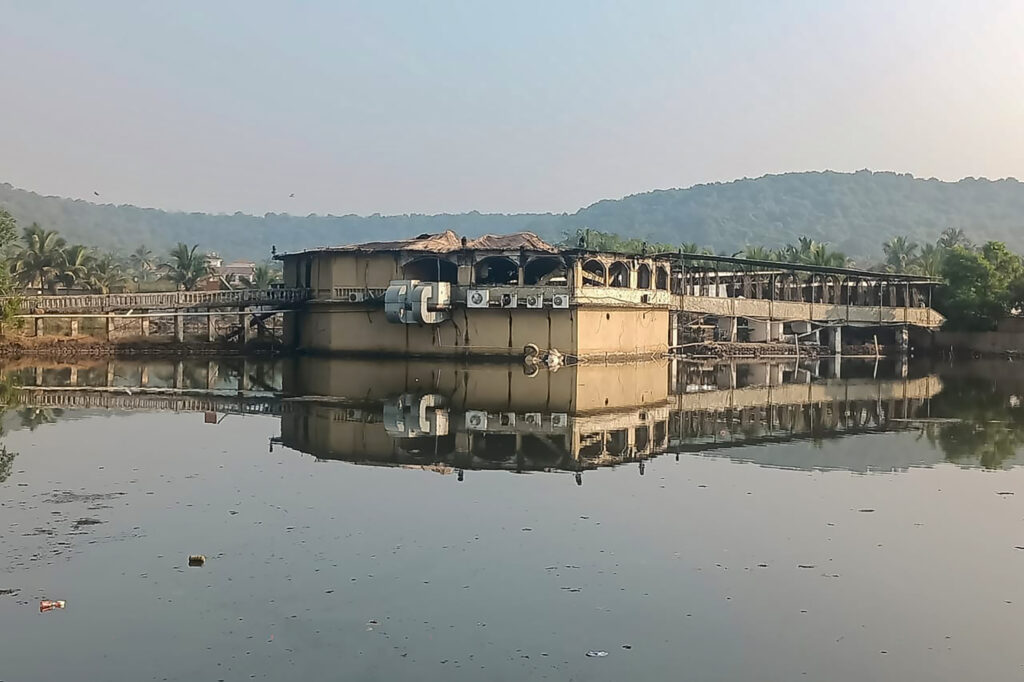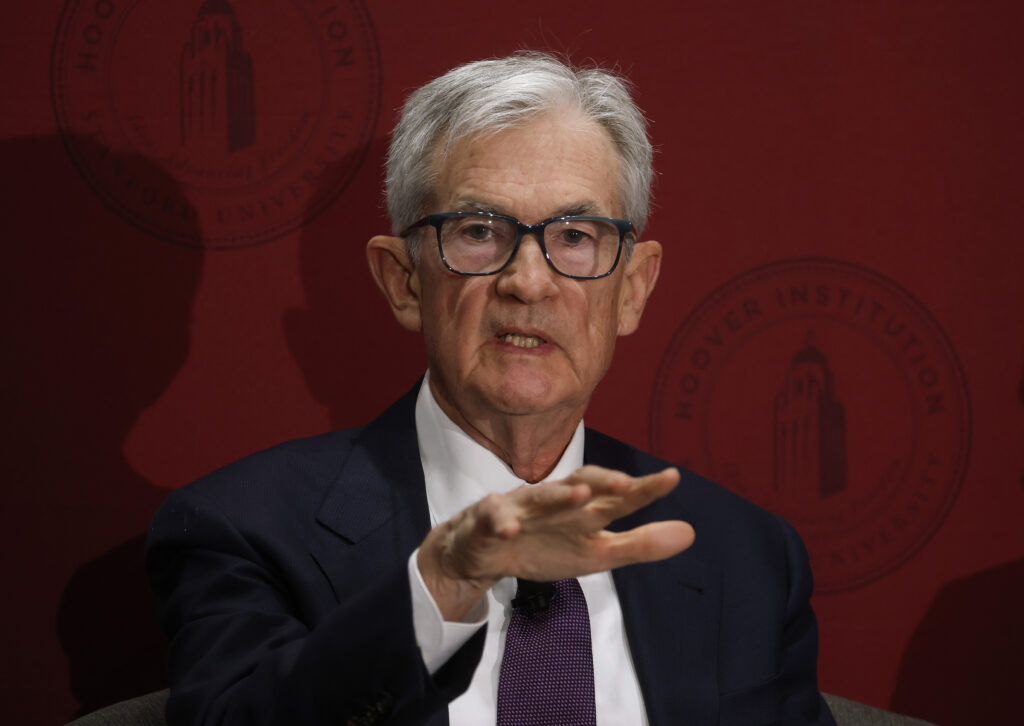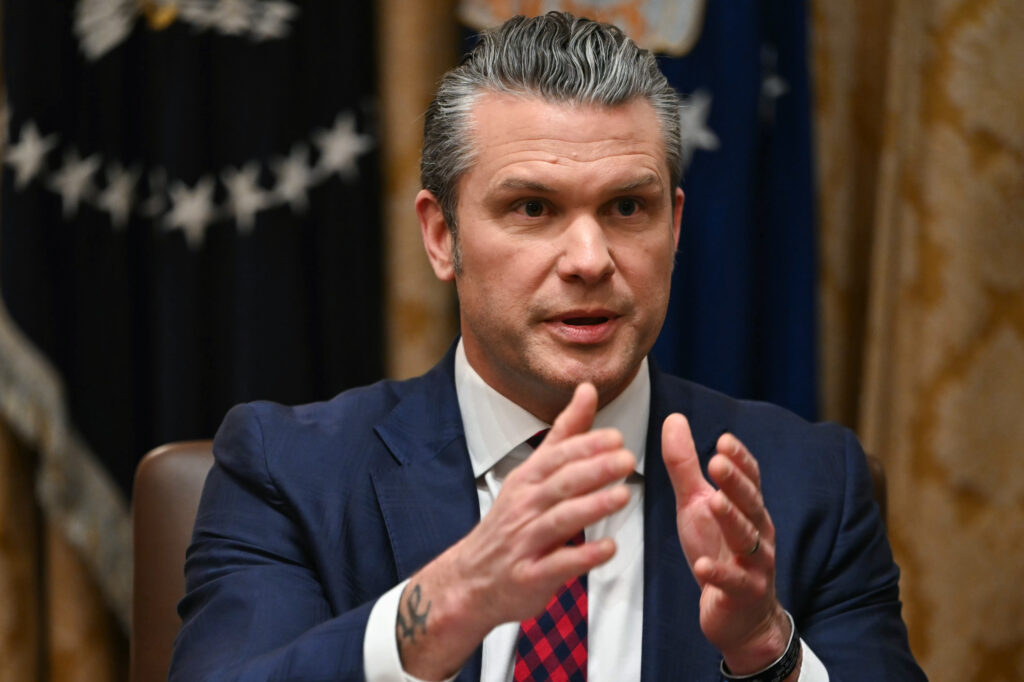Inde: au moins 25 personnes, dont des touristes, meurent dans l’incendie d’une boîte de nuit à Goa
Au moins 25 personnes, dont des touristes, sont mortes dans l’incendie d’une boîte de nuit très fréquentée de la célèbre station balnéaire de Goa, dans l’ouest de l’Inde, ont annoncé dimanche matin les autorités de cette ancienne colonie portugaise.Le feu s’est déclaré dans la nuit de samedi à dimanche, après minuit, dans une discothèque qui fait partie d’un hôtel à Arpora, dans l’arrondissement de Goa Nord, avait indiqué à l’aube la police locale citée par l’agence Press Trust of India (PTI).Le Premier ministre indien Narendra Modi s’est dit dans un communiqué “profondément attristé”. Le ministre en chef de l’exécutif local, Pramod Sawant, a déploré auparavant sur son compte X “un jour très douloureux pour nous tous à Goa”, précisant que “25 personnes avaient perdu la vie et six avaient été blessées”.Ce responsable a précisé que “le personnel de l’hôtel et trois ou quatre touristes étaient morts asphyxiés”. Il n’a donné aucun détail sur la nationalité des victimes, indienne ou de pays étrangers.Des images de PTI, reprises par l’AFPTV, ont montré des secouristes évacuer sur des brancards des blessés ou des morts, en descendant en pleine nuit un escalier étroit en pierre de l’établissement “Birch” devant lequel on voit policiers, secouristes, ambulanciers et badauds se presser.Sur d’autres plans larges, beaucoup de fumée s’échappe du lieu du sinistre.Le ministre Sawant a assuré avoir “ordonné une enquête” d’ampleur en s’engageant à ce que “les responsables soient soumis aux sanctions les plus sévères prévues par la loi”.D’après lui, ce “tragique accident n’aurait jamais dû se produire” car “l’établissement fonctionnait sans autorisation en bonne et due forme et cette négligence a provoqué l’incendie”.- Explosion de gaz ou spectacle pyrotechnique -Des médias locaux, s’appuyant sur leurs sources policières, ont laissé entendre que l’incendie sinistre avait pu être déclenché par une “explosion d’une bonbonne” de gaz.Le chef des pompiers de Goa, Nitin V. Raiker, a expliqué pour sa part sur la télé locale CNN News18 que “la plupart des gens étaient morts asphyxiés dans le sous-sol et la cuisine” après qu'”un spectacle pyrotechnique eut embrasé des parties en bois de la boîte de nuit, dégageant de la fumée dans tout l’établissement”.Goa, ancienne colonie portugaise (1510-1961) posée au bord de la mer d’Arabie, partie de l’océan Indien séparant le sous-continent indien de la péninsule arabique, est une station balnéaire réputée dans le monde.Elle est fréquentée par des touristes indiens, asiatiques, occidentaux et russes, attirés par ses plages, ses lieux de divertissement et son riche patrimoine architectural colonial.Goa a reçu plus de dix millions de touristes en 2024, dont près de 470.000 étrangers, selon des statistiques officielles.Les incendies en Inde sont fréquents, en raison d’infrastructures parfois en piteux état et de normes de sécurité et d’évacuation pas toujours appliquées, ni respectées. En mai dernier, 17 personnes avaient péri dans l’incendie d’un immeuble de la ville de l’informatique et de la tech, Hyderabad (sud).Un mois plus tôt, ce sont 15 autres personnes qui avaient perdu la vie dans un hôtel de Calcutta (est) en flammes en tentant de sauter par les fenêtres.burs-nr/roc







